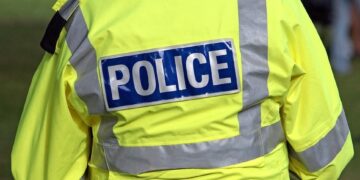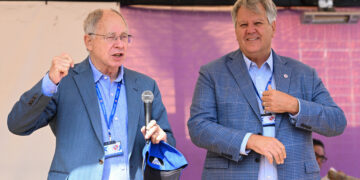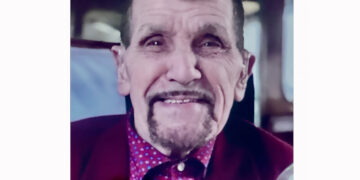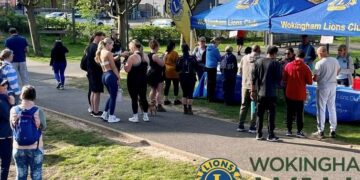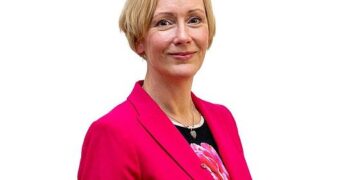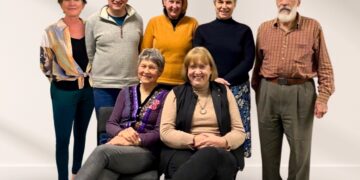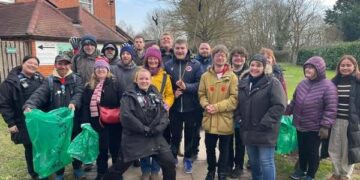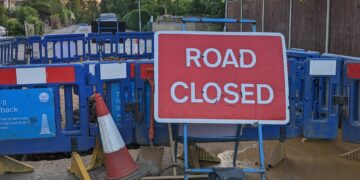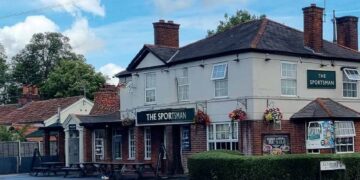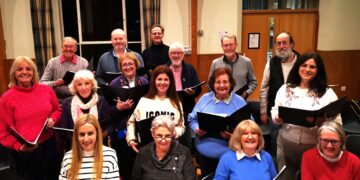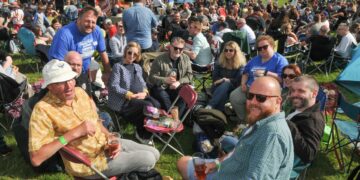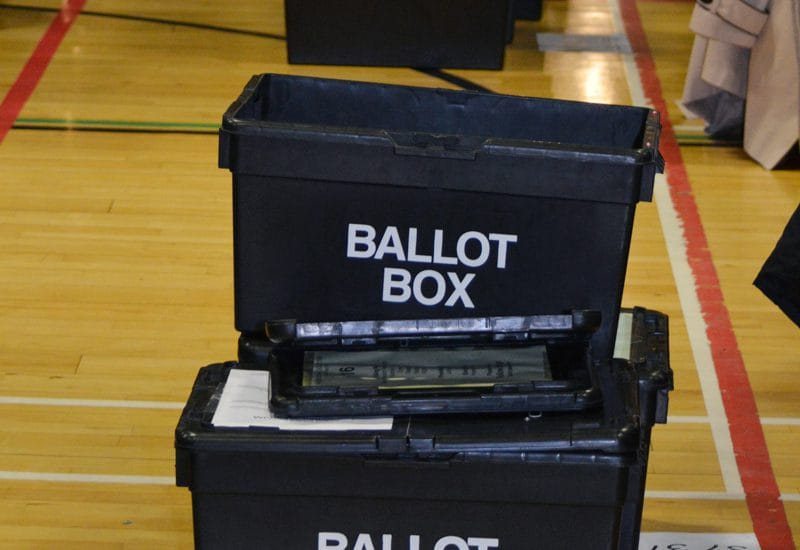LOCAL ELECTIONS could be held in Wokingham every four years, with every seat up for grabs.
The Boundary Commission for England has written to Wokingham councillors this week informing them of a review into local democracy in the borough.
The review looks at every aspect of the way in which the council’s democratic functions are carried out, from the size of wards, the number of councillors and the frequency of elections.
Currently, a third of councillors are elected each year over a three-year period, with the fourth year in the cycle being a ‘fallow’ one with no elections. This is known as thirds.
But the Boundary Commission is consulting over a range of options for the borough, including electing every councillor once every four years, a situation similar to a general election, where every MP’s seat is up for grabs.
It has been triggered because electoral reviews have shown that some wards in the borough have more electors in than others. Currently, this is reflected with some wards having three councillors, some two and others one. Redrawing them will take into account the changes to population centres, such as the new community being built in Arborfield Green, new housing in Shinfield, and the new estates built close to Coppid Beech roundabout.
The review will first consider the number of councillors needed to run the council, engage with the community and the governance arrangements. The aim is to have the right number of councillors to make decisions and manage business matters effectively. If the council continues to be elected in thirds.
The second stage will be to review the ward boundaries so that each ward has a similar number of voters. The commission will take in natural boundaries where possible. A similar review is taking place for parliamentary constituencies, which is expected to come to fruition in 2023.
The final part will be to review the way in which the elections are held. If a thirds system is maintained, it is expected wards would all have three councillors, but at the same time switching to all-out elections once every four years could save the council money and avoid the ‘purdah’ shutdown that lasts for a couple of months around each election period.
The commission will meet with parishes, residents’ groups, MPs and community groups as part of their researches.
Council leader John Halsall wanted to hear the recommendations before offering any views on their proposals.
“The commission looks to where we will be in five years time,” he said of their researches. “The council will have to give a submission on electoral numbers by next year.
“They will then put a proposal out to consultation by the end of next year, then have another consultation based on that consultation.”
Cllr Halsall said he didn’t expect the review to be completed before 2024.
When it came to reviewing the size of the council, he said that most councillors were “heavily occupied” with serving residents.
“We engage with our communities,” he said. “Many councillors, for example, are also governors in schools”.
Cllr Rachel Burgess, the Labour group leader, welcomed the review, but called for the thirds system to be kept.
“This allows residents to have their say on a regular basis about how the council is performing,” she said.
“With Wokingham changing at a fast pace it is also important to make sure ward boundaries, now and in the future, are the right size, and cover the right area, to enable proper governance, to foster a community identity, and to ensure residents can be fully supported and properly represented by their councillors.”
Cllr Clive Jones, leader of Wokingham Liberal Democrats also wanted to keep the thirds system, as it creates “greater accountability”.
“If every councillor was up for election, it could lead to complacency from the borough council,” he said. “There is a temptation to sit back and do nothing, and at the end of the day, we are there to serve residents.”
Cllr Jones added: “It could lead to big swings in who is leading the council. It could be good for us. People could look at the way we run town councils and decide ‘we’ll give them a change to run the borough council’.”
The Lib Dem leader said he gets concerned when boundaries are moved, and wondered whether it could give one party an advantage.
“It’s quite difficult to do,” he said. “What end of the borough do you start at when re-defining boundaries?”
He would like to see wards have three councillors each, and said consideration needs to be made for the growing population.
“We have to consider where we are going to be in 2028, at the end of the first cycle with the new boundaries,” he said.
“The Boundary Commission needs to understand where all the new houses are going to be built in the next seven years. But we are right in the middle of a local plan update.”
When it comes to voting, Cllr Burgess said she is concerned over national electoral reforms, such as requiring photo identification.
She added: “Democracy is also about encouraging people to vote.
“Evidence shows that forcing voters to bring photo ID to the polling station just makes it harder for people to vote and this will inevitably hamper people’s democratic rights.
“The UK voting system is already safe and secure and attracts a high degree of public confidence. Instead of the Conservatives putting up barriers to voting we should be encouraging a greater participation in democracy.”

